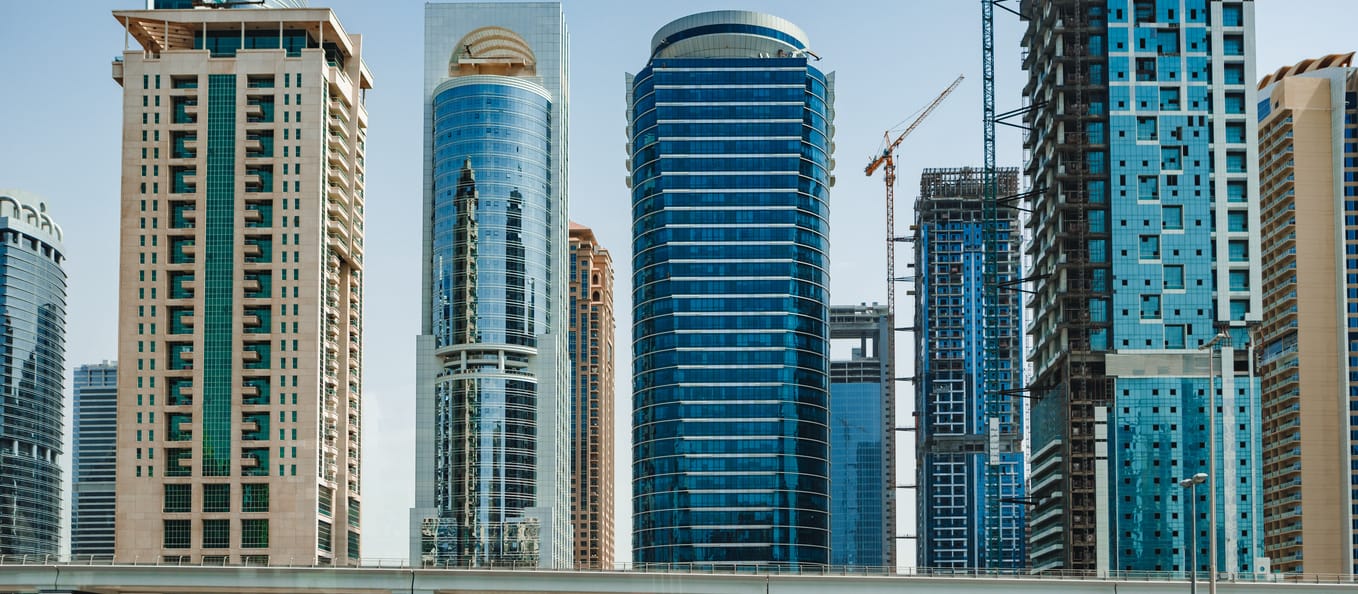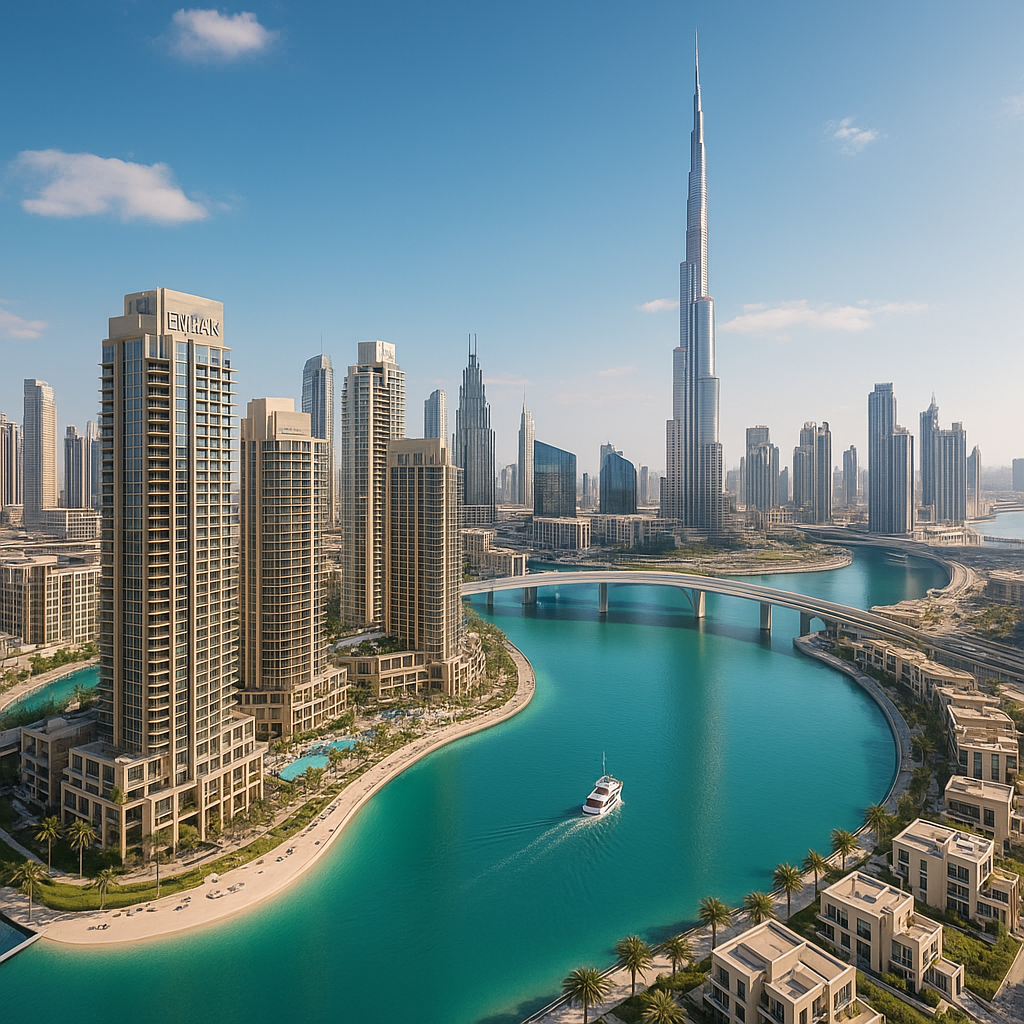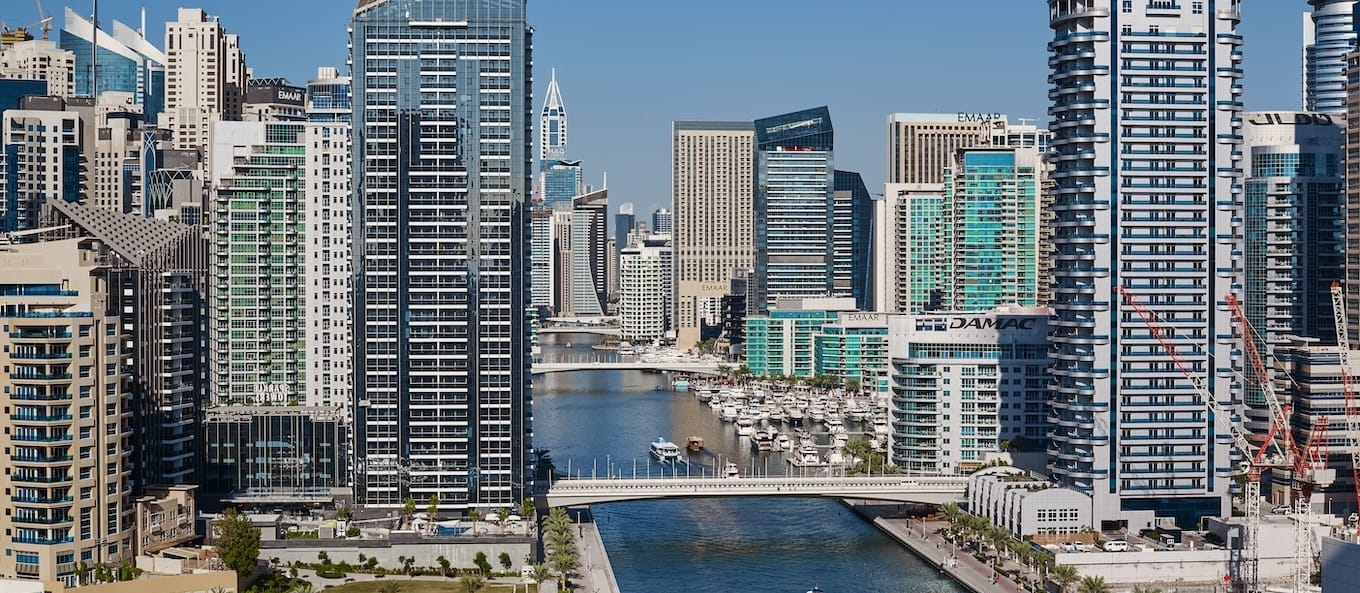Real Estate in Dubai: Nuances to Know
Buying real estate in Dubai is one of the most popular requests among foreign investors.
In this article, we will explore key points related to buying real estate in Dubai, including restrictions for non-residents, legal nuances of transactions, and potential risks.
What Nuances May Exist When Buying Real Estate in Dubai
Acquiring real estate in Dubai can be more complicated than expected. Here are some important aspects to consider:
- Foreigners can only purchase property in designated freehold areas. The government of the Emirates is constantly expanding the list of areas available for purchase.
- Dubai offers a variety of neighborhoods, each with its advantages and disadvantages. It is recommended to thoroughly research the areas where you plan to buy property, paying attention to infrastructure, transportation accessibility, and price levels.
- A wide range of properties is available in Dubai: from apartments to villas and commercial properties.
- The real estate market in Dubai is subject to fluctuations. Research current trends and forecasts to make an informed decision.
- It is possible to purchase real estate in the UAE remotely.
- When calculating the cost of housing, be sure to include transaction processing costs.
Restrictions for Non-Residents
Non-residents can purchase real estate in certain areas designated by the UAE government.
Some developers may impose limits on the number of properties that can be purchased by a single investor.
Legal Nuances of the Transaction
Registration of a transaction for the purchase of real estate in Dubai requires compliance with a number of legal formalities:
- The purchase agreement must be in writing and signed by both parties.
- After signing the agreement, it is necessary to register the transaction with the Dubai Land Department. This is a mandatory step to confirm ownership rights.
- Ensure that all documents from the seller and the property are in order. This will help avoid potential legal issues in the future.
- All rights and transactions must be conducted officially with confirmation from the government. Compliance with legislation is monitored by the Real Estate Regulatory Agency (RERA).
Additional Expenses and Hidden Fees
When purchasing real estate in Dubai, it is important to consider not only the cost of the property itself but also additional expenses:
- Government fees usually amount to around 4% of the property value.
- Notary services will incur additional costs, as all documents must be officially certified.
- Maintenance and operational costs may vary depending on the type of property and selected area.
- If you are using the services of a realtor, note that their commission can be up to 5% of the transaction value.
- Utilities depend on the size of the property.
- Internet and television are paid separately. Their average cost is about $200.
Mortgages for Non-Residents
Mortgage lending for non-residents in Dubai can be a complicated process:
- The applicant must be between 21 and 65 years old (or 25 years for some banks). Proof of income and bank statements for the last 3-6 months must also be provided.
- Non-residents can obtain a mortgage; however, the bank may impose higher requirements for the down payment (usually from 25% to 40% of the property value).
- Mortgage rates for non-residents may be higher than for local citizens.
- In the case of a refinancing, the down payment is 40%.
Risks When Buying Real Estate
Investing in real estate always comes with certain risks. Here are the main ones:
- Frequently changing laws may affect ownership rights and transaction conditions.
- There is no guarantee that property values will rise. It is important to consider possible market fluctuations.
- Before purchasing, it is advisable to research the developer’s reputation and their previous projects. This will help avoid issues with construction quality.
- Not consulting a specialist may lead to unprofitable decisions and loss of investments.
- Unexpected expenses, such as taxes and fees, can come as an unpleasant surprise and significantly increase the overall cost of the transaction.
According to a report by the research organization MarkNtel Advisors, the UAE real estate market is expected to grow by 8.4% annually from 2024 to 2030. This growth is associated with the recovery of the market after previous challenges, such as low oil prices and an oversupply of real estate.
Buying real estate in Dubai can be a great investment if you turn to Livrichy. Agents will offer the best options and support you at all stages of the transaction.
sources used
- Mortgage Conditions https://www.bankfab.com/ar-ae/personal/mortgages/mortgage-loan-for-non-uae-residents
- Research Organization MarkNtel Advisors https://www.marknteladvisors.com/press-release/uae-residential-real-estate-market-size
- Dubai Land Department https://dubailand.gov.ae/#/






